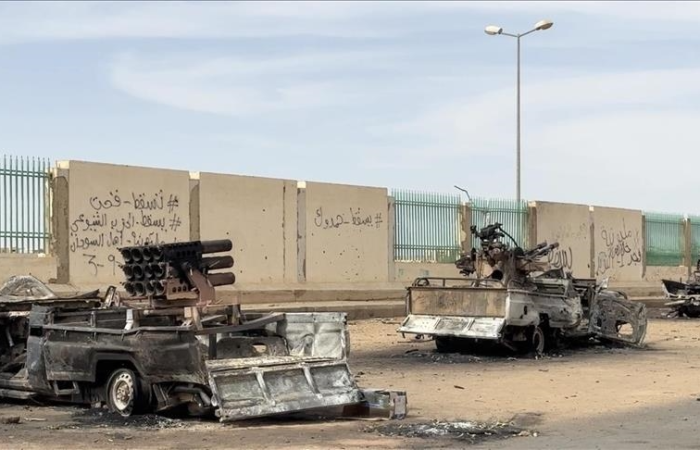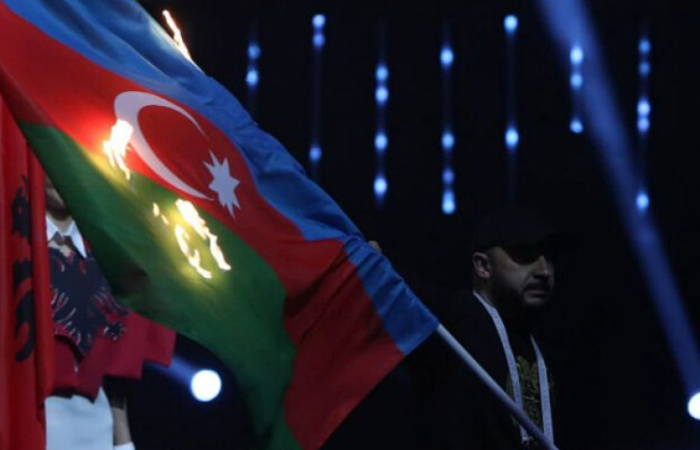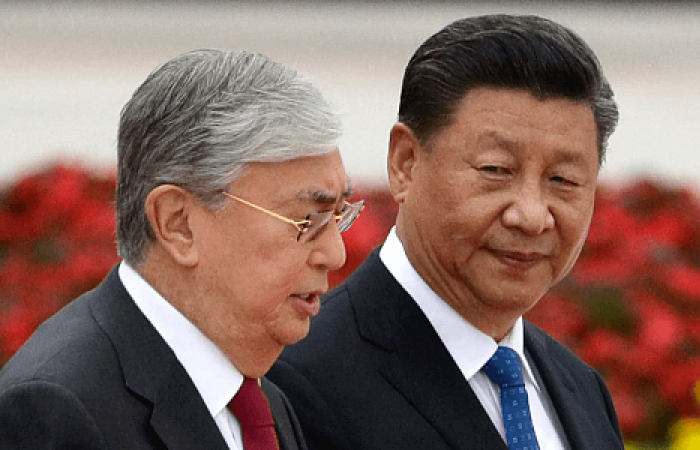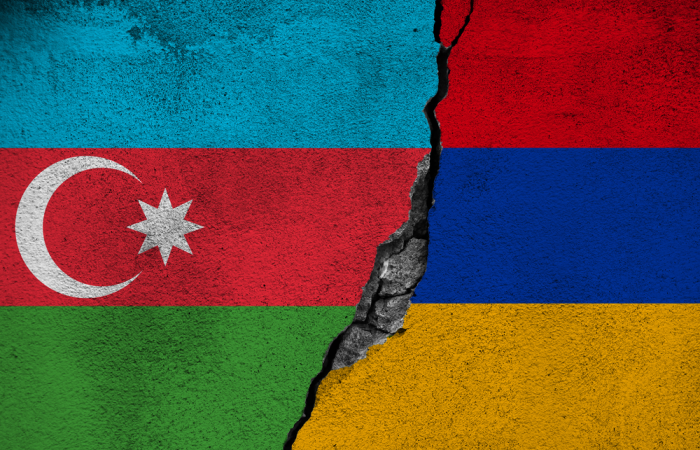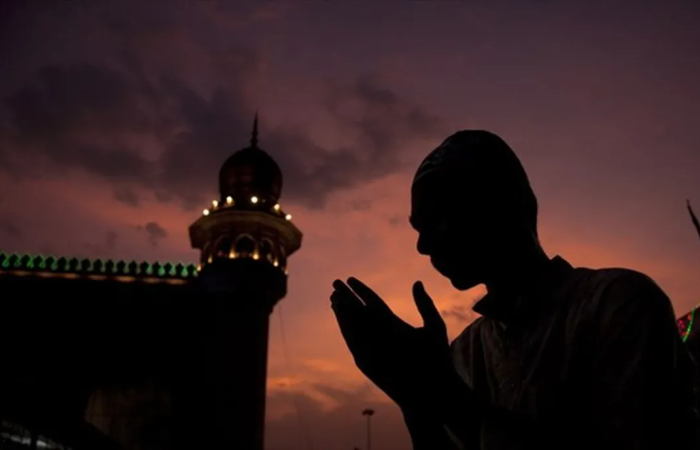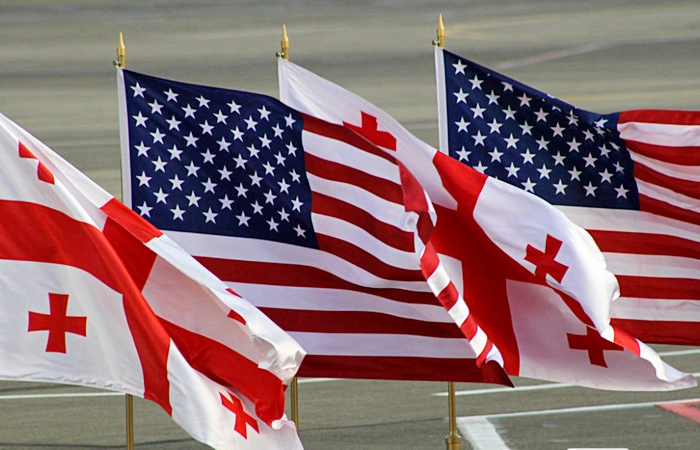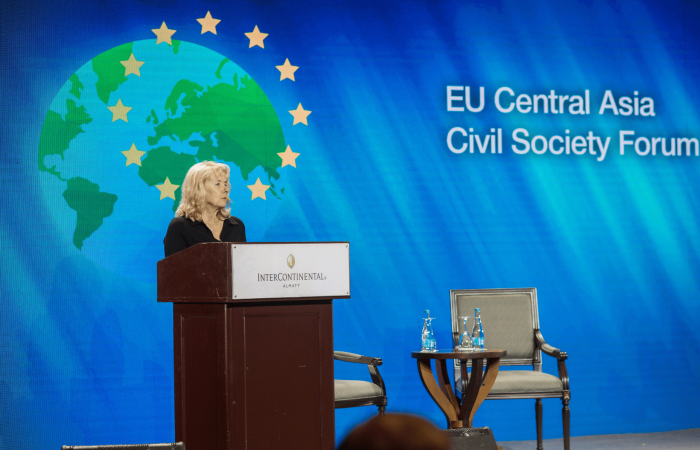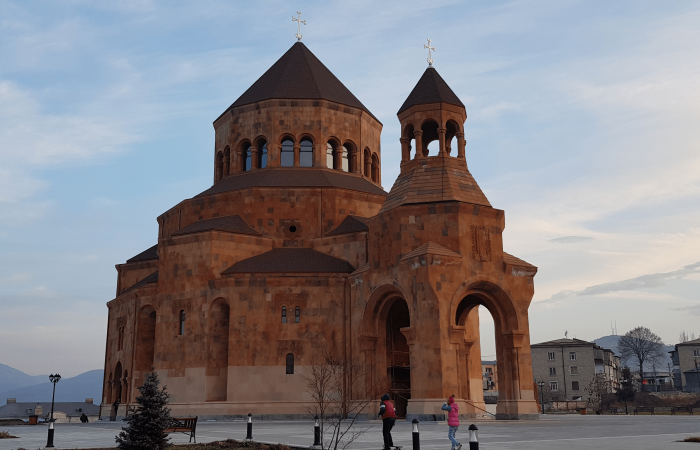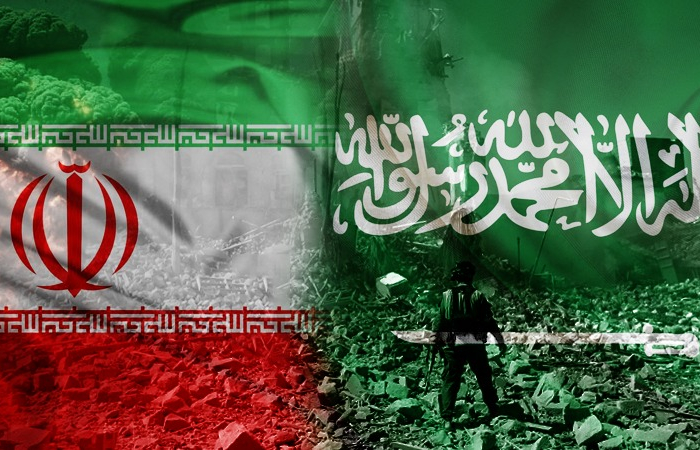Trending
Editorial: Sudan put the “new era of peace” in the Middle East to an early test
25 April 2023
The processes that have been taking place in the Gulf region and the wider Middle East over the last year - which healed the schism within the GCC, reconciled Turkey with Saudi Arabia and the UAE, started the process of bringing back Syria within the Arab fold, and, even more dramatically, started the process of reconciling Saudi Arabia and Iran - appeared in recent days to have even reached Yemen, when the exchange of large numbers of prisoners during the Ramadan month, and the meetings between Saudi officials and the Houthi leadership, augured well for that painful conflict to be also finally resolved. Yet, just as pundits hailed a new era of peace in the Middle East, Sudan erupted into a civil war that has already claimed hundreds of lives, and potentially can be hugely devastating.



